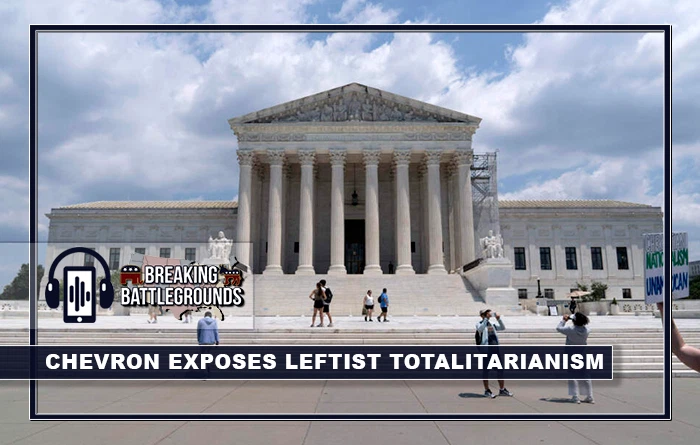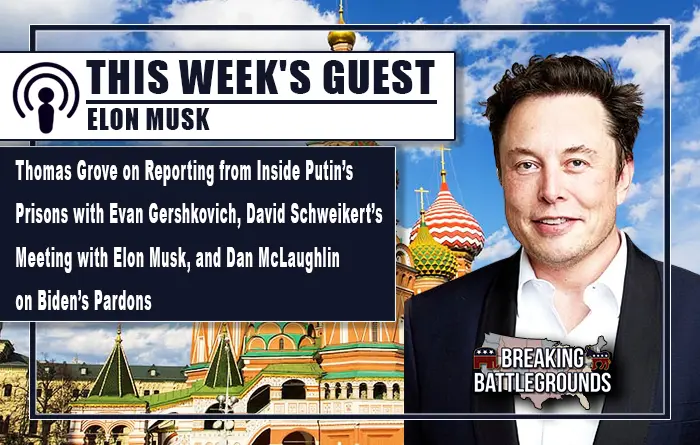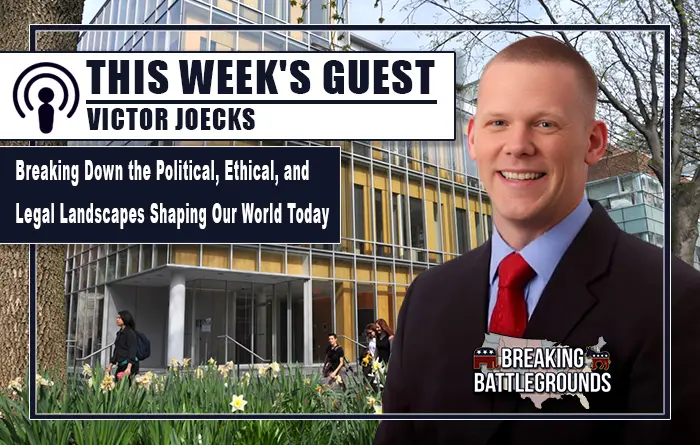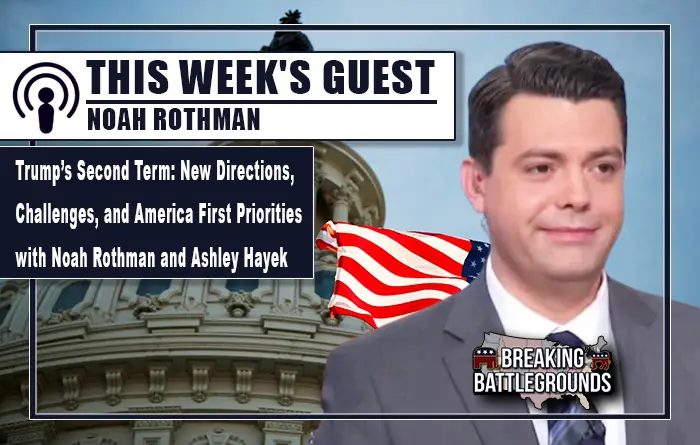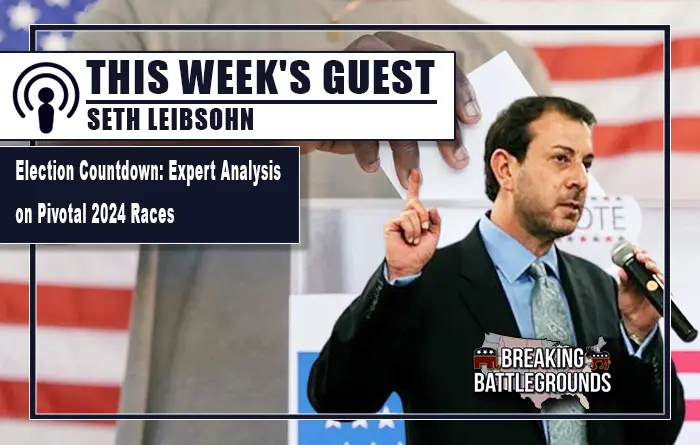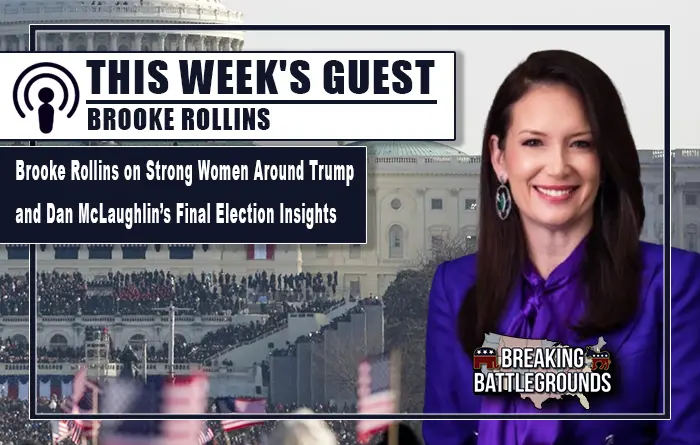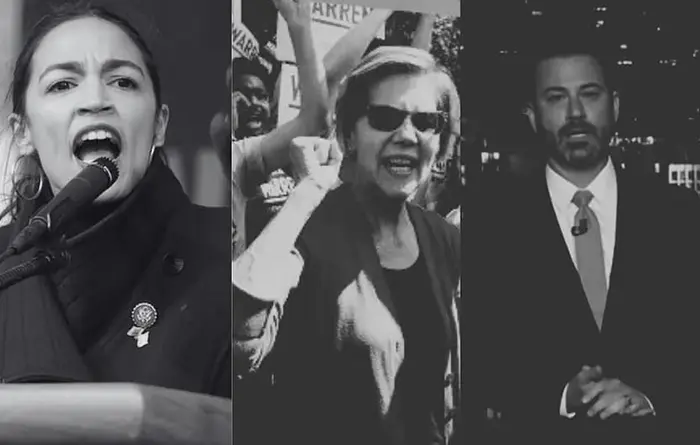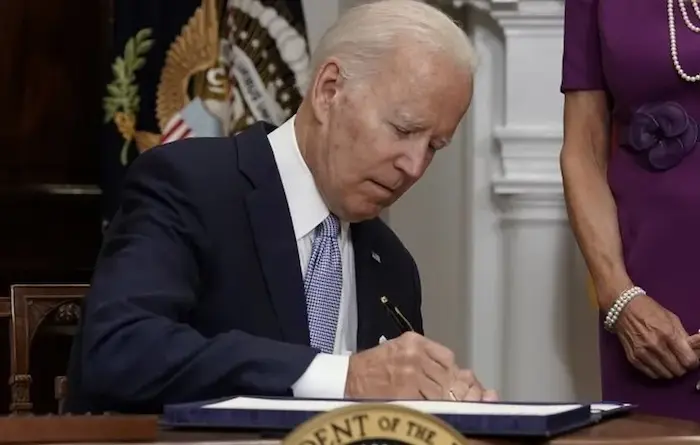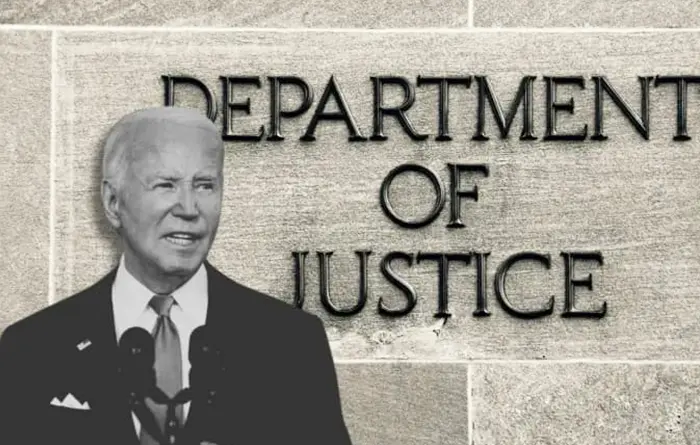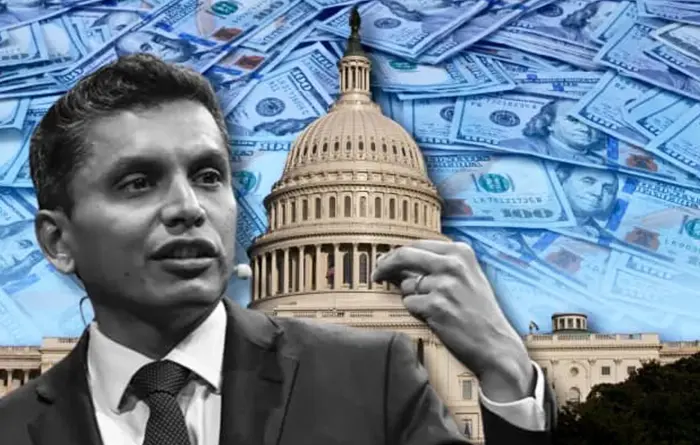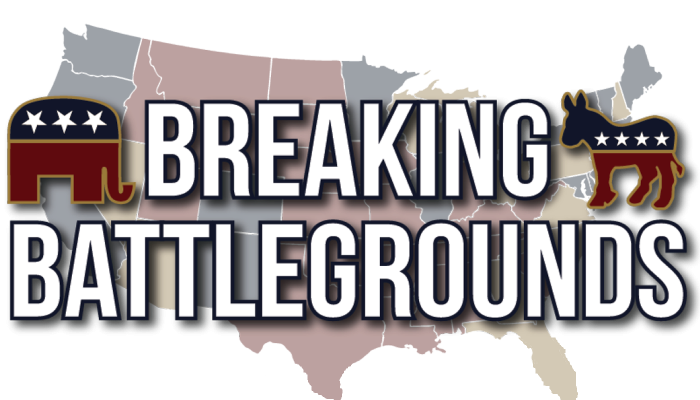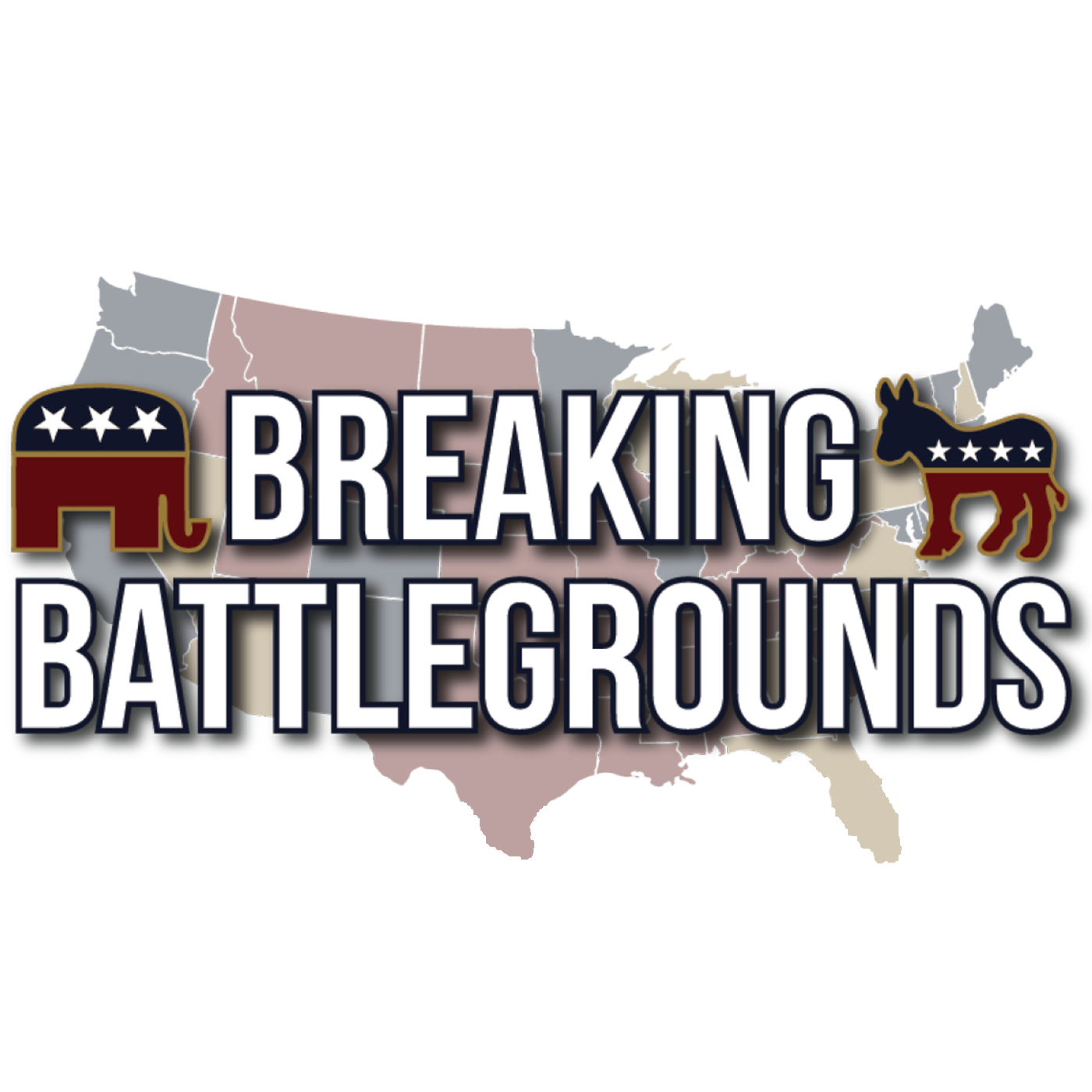The left’s freakout over the Supreme Court decision to toss the “Chevron Deference” doctrine is an admission of their failure to govern democratically, and the unpopularity of the agenda they’ve been advancing. There’s a reason modern Democratic campaigns are built on generically amicable sounding statements and vicious, mostly unfounded, attacks on their opponents: they have nothing else they can sell.
The last legitimately popular policy platform national democrats aligned behind was the effort to expand healthcare coverage to every U.S. resident. Obamacare passed in 2010, and should be recognized as a modest success as it increased the percentage of the U.S. population with health insurance from 84% in 2010 to 92% today; albeit with plans that include dramatically higher out-of-pocket costs for most patients, along with less choice and personalization of care. Since that modest success, however, Democrat policies have been notable mainly for their staggering ineffectiveness and ability to make solvable problems intractable. In the ensuing years, Democrats have enabled and expanded chronic street homelessness, driven energy costs through the roof with miniscule reductions in greenhouse gas outputs, made home-buying unaffordable for working-class families, thrown the border wide open, and turned inner cities into a 365 days-a-year airing of The Purge.
None of the individual policies behind these programs would have passed at the ballot, even in the most liberal states. That’s why, in 2013, Democrats led by then Senate Majority Leader Harry Reid of Nevada eliminated the 60-vote requirement for the Senate to confirm Cabinet appointments and judicial nominees. That allowed the left to fill hundreds of court vacancies with left-wing judicial activists who could forward the Democrat agenda under the umbrella of the courts rather than forcing the left to court public opinion for their ideas. Chevron Deference was at the heart of this strategy.
The original Supreme Court decision in 1984 basically said that absent specific legislative guidance, government agencies could interpret, adapt, and expand rule-making on an “expert basis”, and greatly limited any challenge to the decisions of those agencies in court. In fact, it went so far as to allow government agencies to create their own, internal, alternative legal systems to adjudicate their decisions. Chevron Deference, in essence, made government agencies the judge, jury, and executioner of their own agenda. Agencies could, and did, target people and businesses for breaking rules, rewrite those rules in the middle of the case to ensure the accused individual or entity really was breaking them, and then punish them in virtually any way they saw fit.
If you can’t answer “Yes” to the first four questions and “No” to the last three, the post-Reid, Chevron-revved era of bureaucratic “expert” governance should be viewed as a failure, and the return to a pre-Reid era of democratic governance embraced.
Now ask youelf these questions:
Are you or this country better off today than 20 years ago?
Are people happier and more prosperous?
Are our cities safer, our streets, air and water cleaner?
Is the economy better?
Are you paying more taxes?
Is the government prying further into your everyday life?
Have the politics and character of the country improved?
If you can’t answer “Yes” to the first four questions and “No” to the last three, the post-Reid, Chevron-revved era of bureaucratic “expert” governance should be viewed as a failure, and the return to a pre-Reid era of democratic governance embraced.
Note: the opinions expressed herein are those of Sam Stone only and not his co-host Chuck Warren or Breaking Battlegrounds’ staff.

